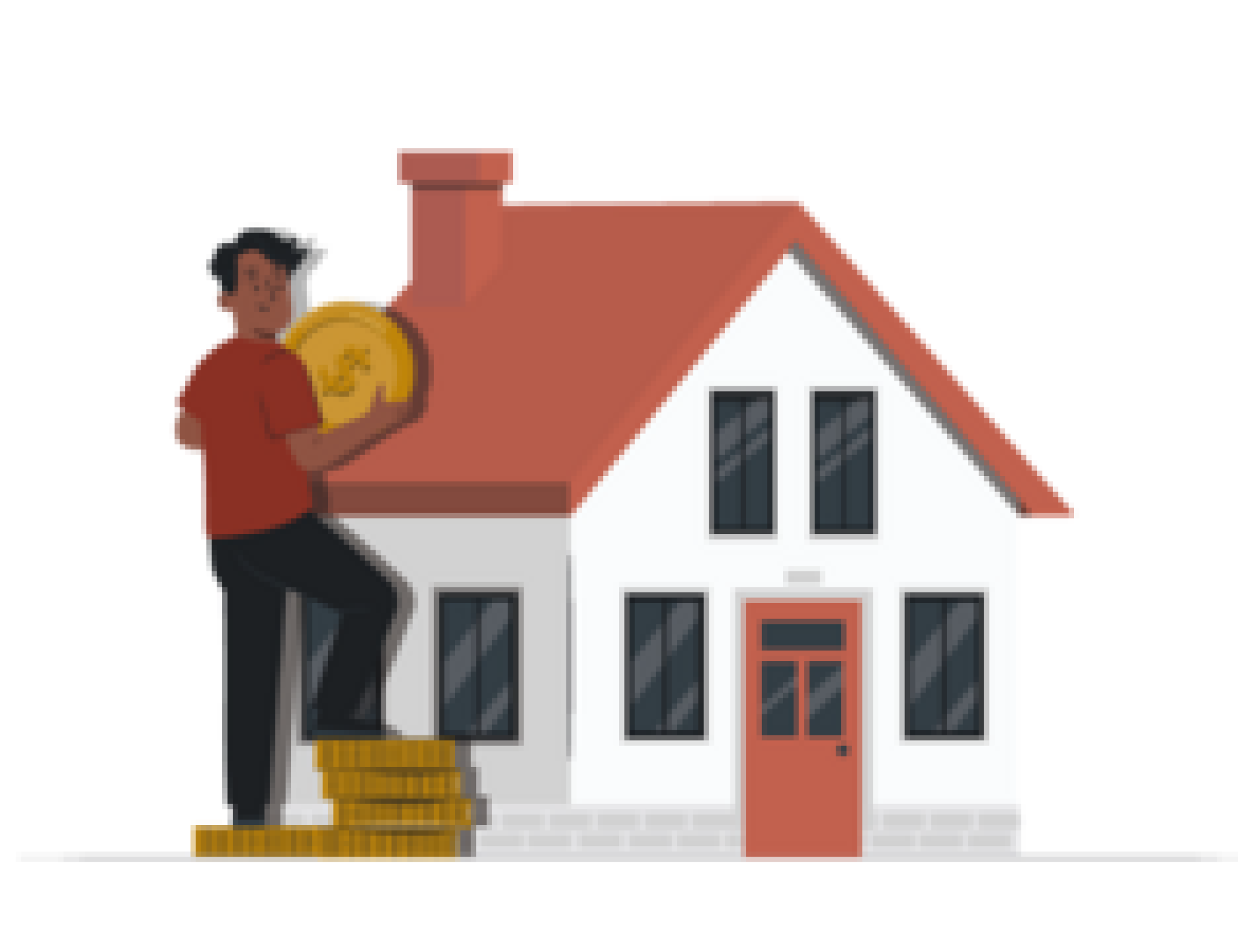
- Using Financial Literacy and Education Commission (FLEC) resources to boost your financial knowlege. FEMA, in partnership with the FLEC, is celebrating National Financial Capability Month (NFCM) throughout April. NFCM focuses on financial literacy and ensuring Americans have access to unbiased and trustworthy financial education and resources. Visit FLEC’s MyMoney.gov to get financial preparedness advice for you and your family members. Take time to learn about financial preparedness to increase your financial resilience.
- Downloading FEMA’s free Emergency Financial First Aid Kit (EFFAK). Developed in partnership with Operation HOPE, the EFFAK helps keep all your important information at your fingertips by making it easy to organize critical financial, medical and household information. The kit includes checklists and forms to help you gather the documents you will need after an emergency or disaster. It also provides tips on storing and safeguarding your personal information. The EFFAK is available for download in six languages – English, Spanish, simplified Chinese, traditional Chinese, Korean and Vietnamese. An English language large print edition is also available.
- Reviewing your insurance policies to ensure you have the correct amount and type of coverage for the hazards you are at risk of experiencing. Homeowner’s insurance policies do not typically cover flooding. Learn about your community’s flood risk and find out if your home is in a flood zone by visiting Floodsmart.gov. Discuss what you learn with your insurance representative to determine if you need flood insurance. You can also review how to buy flood insurance at the National Flood Insurance Program website.
- Learning how to identify scams. Be wary of phone calls, emails and text messages from people or companies you don’t know, especially if the person is trying to convince you to send them money. Do not click on links in texts or emails from people you don’t know. Scammers can send an email, text or link that appears to be from a reputable credit card company or financial institution that requests account information, often suggesting that there is a problem. Scammers may also try to take advantage of financial fears by calling with work opportunities, debt consolidation offers and student loan repayment plans. Finally, never open an attachment or click on a link sent to you in an unsolicited email. Cleverly crafted links can take you to forged web sites set up to trick you into divulging private information or downloading viruses, spyware and other malicious software. For more tips on how to identify imposter scams, visit the Federal Trade Commission’s How to Avoid Imposter Scams website. To learn how to keep yourself cyber safe, visit the Cyber and Infrastructure Security Agency’s 4 Things You Can Do To Keep Yourself Cyber Safe page.
For more information and resources visit these sites: ready.gov/financial-preparedness and FINRED | Home (usalearning.gov)
